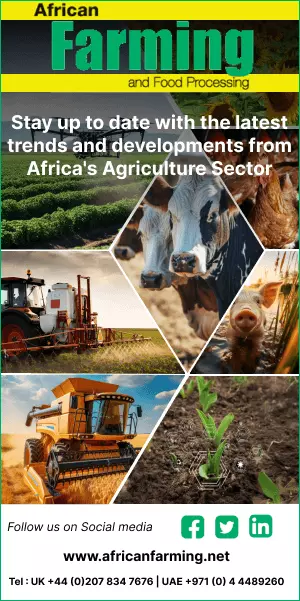
The partnership will focus on implementing best-in-class agricultural practices, capacity building programmes as well as undertaking comprehensive vegetable seed trials. (Image source: Bayer)
Building on their successful collaboration announced in 2023, Silal and Bayer have expanded their strategic partnership through a detailed Memorandum of Understanding (MoU) at the World Agri-Tech Innovation Summit in Dubai
The MoU outlines an ambitious programme of collaboration through 2028, focusing on four key initiatives designed to advance agricultural practices in arid environments around the world like the UAE, with both organisations aiming to contribute meaningfully to the region’s National Food Security, while also addressing climate change challenges.
The partnership will also scale up agricultural capacity building through Bayer's BayG.A.P. programme, with particular emphasis on regenerative agriculture practices suitable for arid climates. A key innovation in this phase includes the implementation of digital monitoring and verification platforms to ensure the effective adoption of sustainable farming practices. Additionally, the collaboration encompasses the extension of comprehensive vegetable seed trials aimed at identifying crops better suited to local growing conditions and market demands.
Hugo Hagen, Senior Bayer Representative – Middle East at Bayer, stated: "The signing of this MoU represents a major step forward in our partnership with Silal. This detailed framework allows us to bring together Bayer's global expertise in sustainable agriculture with Silal's deep understanding of local agricultural challenges, advancing our mission of ‘Health for all, Hunger for none’ while addressing critical climate challenges."







